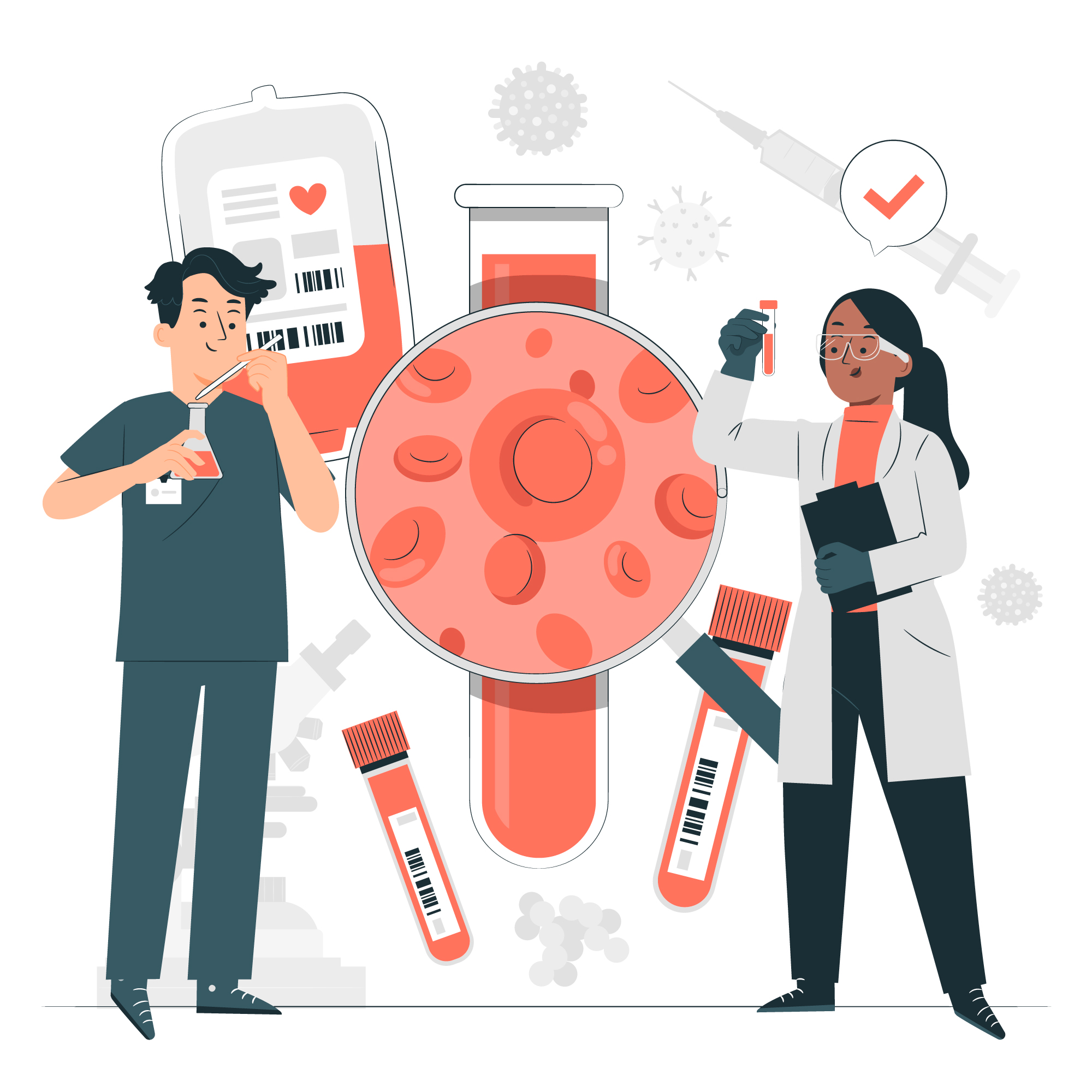Blood tests are one of the most common diagnostic tools used by doctors to assess your overall health. However, when you receive your test results, they often contain a series of abbreviations, numbers, and reference ranges that can seem confusing. Understanding your blood test report empowers you to take control of your health and have more informed discussions with your healthcare provider.
Why Are Blood Tests Important?
Blood tests help detect potential health issues early, monitor chronic conditions, and assess the effectiveness of ongoing treatments. Regular blood tests can identify problems such as infections, anemia, diabetes, and heart disease before symptoms appear, allowing for timely intervention.
Common Blood Tests and What They Indicate
1. Complete Blood Count (CBC)
A CBC test measures different components of your blood and provides essential insights into your overall health.
- White Blood Cells (WBC): High levels may indicate infection, inflammation, or stress, while low levels might suggest a weakened immune system.
- Red Blood Cells (RBC): Low RBC count can indicate anemia, while high levels might be due to dehydration or other medical conditions.
- Hemoglobin (Hgb): Low hemoglobin levels suggest anemia, whereas high levels could be due to polycythemia.
- Platelets: Responsible for blood clotting, abnormal levels may indicate bleeding disorders or blood clot risks.
2. Lipid Profile (Cholesterol Test)
This test assesses your heart health by measuring fats in your blood.
- Total Cholesterol: High levels can increase the risk of heart disease.
- HDL (Good Cholesterol): Higher levels protect against heart disease.
- LDL (Bad Cholesterol): High levels contribute to artery blockages.
- Triglycerides: Elevated levels may be linked to heart disease, obesity, and diabetes.
3. Blood Sugar Tests
These tests measure your glucose levels and help diagnose diabetes or prediabetes.
- Fasting Blood Sugar (FBS): Normal range is typically 70-99 mg/dL. Higher levels may indicate diabetes.
- HbA1c (Glycated Hemoglobin): Provides a 3-month average of blood sugar levels; values above 6.5% suggest diabetes.
4. Liver Function Tests (LFTs)
These tests assess liver health and function.
- ALT (Alanine Aminotransferase) & AST (Aspartate Aminotransferase): Elevated levels may indicate liver damage.
- Bilirubin: High levels may suggest liver disease or jaundice.
- Albumin & Total Protein: Low levels might indicate liver or kidney disease.
5. Kidney Function Tests
These tests determine how well your kidneys are filtering waste from your blood.
- Creatinine: High levels may indicate kidney dysfunction.
- Blood Urea Nitrogen (BUN): Elevated levels may suggest kidney problems or dehydration.
- Glomerular Filtration Rate (GFR): Measures kidney efficiency; lower values may indicate kidney disease.
6. Thyroid Function Tests
These tests evaluate thyroid gland performance.
- TSH (Thyroid Stimulating Hormone): High levels may indicate hypothyroidism, while low levels may suggest hyperthyroidism.
- T3 & T4 (Thyroid Hormones): Abnormal levels can indicate thyroid dysfunction.
7. Electrolyte Panel
Measures essential minerals and salts in your body.
- Sodium & Potassium: Imbalances can affect nerve and muscle function.
- Calcium: Essential for bone health; abnormal levels may suggest hormonal or kidney issues.
How to Interpret Your Blood Test Report
- Compare Results with Reference Ranges: Blood test reports usually display a normal reference range for each test. If your values fall outside this range, consult your doctor for interpretation.
- Look for Patterns: One abnormal result may not be concerning, but a pattern of irregular values may indicate an underlying condition.
- Consider Lifestyle Factors: Recent meals, hydration levels, exercise, and stress can impact test results.
- Discuss with Your Doctor: Never self-diagnose based on blood test results. Your doctor will consider your medical history and symptoms before providing insights.
When Should You Get Blood Tests Done?
- Annually, as part of routine health checkups.
- If you experience unexplained fatigue, weight changes, or persistent symptoms.
- If you have chronic conditions like diabetes or high blood pressure.
- Before starting new medications or treatments.
Conclusion
Understanding your blood test report allows you to take charge of your health and make informed decisions. Regular checkups and consultations with medical professionals ensure early detection and prevention of potential health risks. At Kaizen Diagnostic Centre, we provide accurate and comprehensive blood test services to help you stay proactive about your health.
📅 For appointments and more information, visit www.kaizendiagnostic.com.



